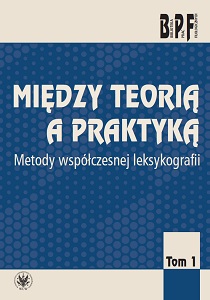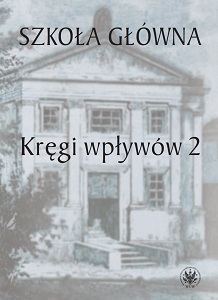
Teksty paralelne – pary przekładowe – słownik przekładowy: uwagi o projekcie „Dyplomacja i polityka. Rosyjsko-polska sonda słownikowa”
The study focuses on three key issues: text as a source of translational pairs (source and target units), translational pair as a result of the work with text (establishing relations of equivalence between the units belonging to two languages and texts), a translation dictionary as an end product of work with text. The author shares her reflections on the methodology of the conducted research, briefly describes the idea of the project and kind of dictionary, enumerates its textual basis (among others, Russian and Polish texts from the official websites of the ministries of foreign affairs). She also reviews its merits and imperfections, such as difficulty in balancing the number of texts of the same genre or problems of retrieving collocations. One of the merits is, on the other hand, the opportunity to isolate the units typical for the diplomatic discourse. The article also pinpoints the necessity of conducting a test which would confirm the correlation of a potential head word with the domain.
More...
